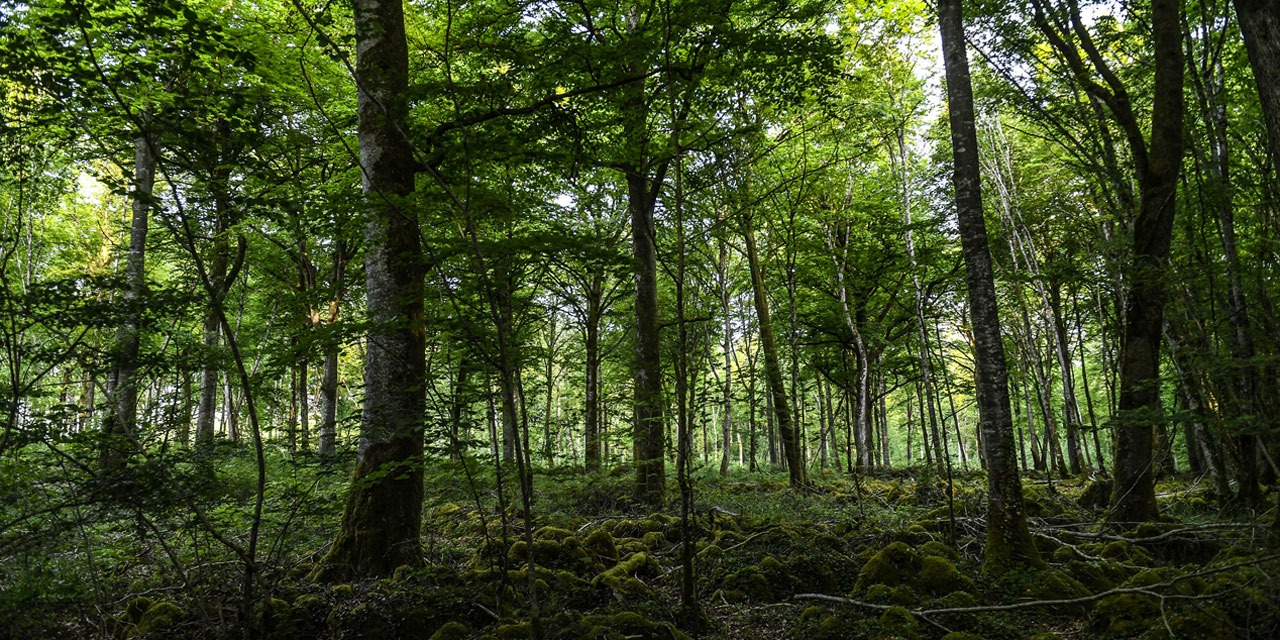"NASA scientists have just made an incredible finding: we have gained two million square kilometers of additional forest over the last twenty years." This Wednesday Fanny Agostini, is interested in forests that "grow like mushrooms" in his column Rendez-vous à la ferme, on Europe 1.
Trees "limit pollution and absorb carbon dioxide"
Incredible but true: the planet is greener than it was 20 years ago, despite deforestation. "However, the forested areas are shrinking from day to day, and 13 million hectares - a quarter of France - disappear every year, which is the equivalent of a football field every second," he said. reminded Fanny Agostini at the microphone of Europe 1. Despite this, forests cover more than 4 billion hectares on the planet.
But where are these new forests? "They grow like mushrooms, and it's happening everywhere, just like in China." The Chinese army has meticulously lined up millions of trees in rows of onions to create a plant belt to stop the Gobi Desert in particular. detailed columnist. Trees of the same species, pine trees, have been planted in order to "limit pollution and absorb carbon dioxide". "Trees are essential for capturing atmospheric CO2 and storing it, they also prevent soil erosion, and their leaves are transformed into organic matter that nourishes the soil," Fanny Agostini added.
"Monoculture hinders the development of rich biodiversity"
Planting trees, however, is not enough. "In China, as elsewhere, planting the same type of trees and, in general, fast-growing trees, remains a monoculture, which hinders the development of a rich biodiversity. The same trees can not accommodate a variety of living species, and to top it all, tree forests of all ages planted online are much less efficient in storing carbon, "said our columnist. Portugal has started to import eucalyptus from Australia in the early 1950s. Reforestation has been such that eucalyptus forests now account for a quarter of Portuguese forests. Except that these trees are "particularly demanding in water and that they participate in the drying up of the water tables", recalled Fanny Agostini.
In conclusion, Agostini calls for caution: "Yes to a massive reforestation of the planet, but not to the blind at the risk of not reap the fruits of all our efforts".

